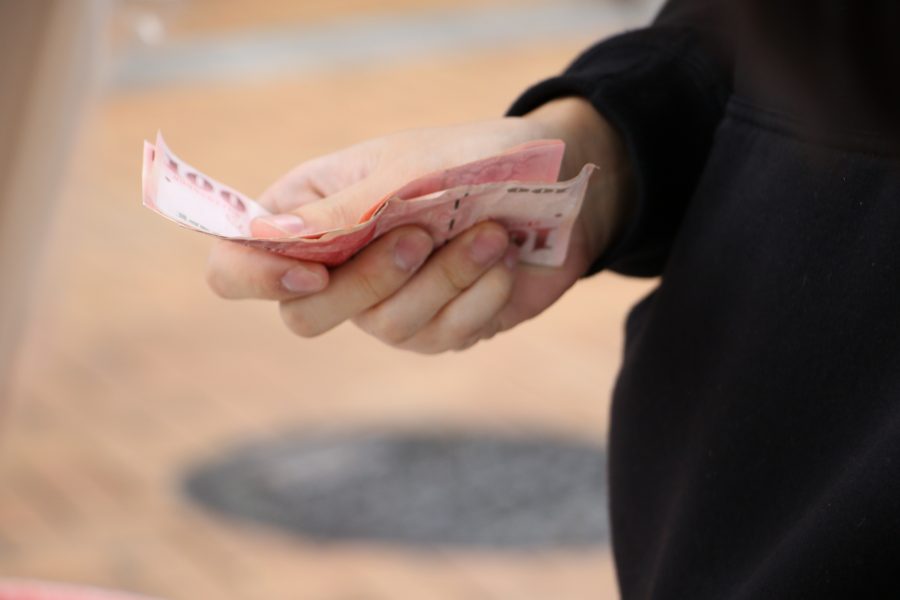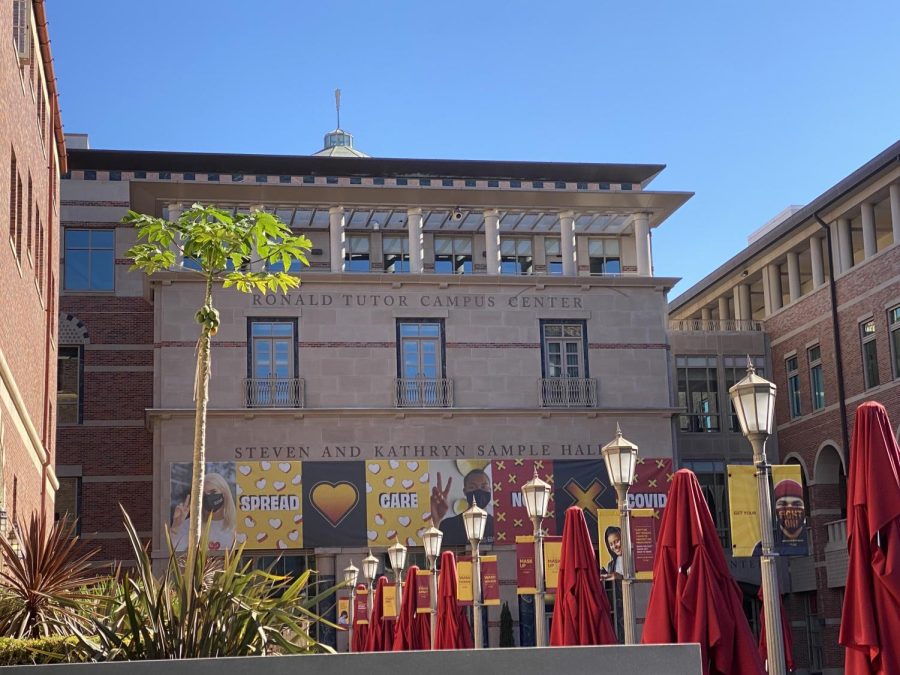A couple years ago, an announcement went up on Blackboard Learn, advertising open shadow officer positions for a new club. The club would meet as briefly and infrequently as possible, the announcement promised, solely to plan club sales; it would do nothing but sell food and donate the proceeds to a charity foundation.
In the way that this new club aggressively targeted students looking for low-commitment opportunities without any pretense of authenticity, it epitomized what I had termed a “shell club”: a service club existing exclusively to provide leadership positions to its officers. Though its name has since slipped from my mind, I do remember that at the time, I believed it to be the ultimate proof of the hollowness of Taipei American School’s service culture.
During my freshman and sophomore years, I managed to join zero service clubs. Laziness and misanthropy no doubt contributed, but I told myself that I chose non-involvement because after much deliberation, I concluded that no form of service at TAS was truly untainted—truly good. Food sales. Service trips. Fundraising events. Each option seemed to carry its own set of moral quandaries because each option seemed inescapably self-serving.
Granted, the school has implemented regulations to suppress shell clubs, such as by mandating 15 potential members to sign up before a new club is created. And the food sale calendar is now too crowded for any club to rely on them alone. Still, the root of many problems with our service culture lies not just with the school, but with colleges. When service is reduced to yet another hoop students must jump through as part of the college admissions process, ethical gray areas are bound to emerge. If every service activity is potential fodder for college essays, it is impossible to act with completely unselfish motivations regardless of the form service takes.
When service is reduced to yet another hoop students must jump through as part of the college admissions process, ethical gray areas are bound to emerge.
You might object that any extracurricular and any interest can be faked. Why single out service? Should colleges then not consider applicants holistically at all, and rely solely on academic achievement?
Faking a passion for playing the flute or reading postmodernist literature is very different from faking a passion for service. The selfish impulse to collect service club leadership positions directly contradicts the unselfish, altruistic impulse that a person’s service activities is meant to indicate. Rather than being a reliable gauge of an applicant’s character, service activities have become equally reliable indicators of ruthless careerism. As a result, admissions officers gain little to no useful information about a candidate based upon his or her service activities. This is why colleges should not factor in community service at all when evaluating applicants.
Maybe the world would be a worse place for it, deprived of a zombie army of high schoolers laboring to accrue college admissions brownie points. But the world would be a purer place, too. A well-intentioned attempt at signalling the value of social responsibility has now birthed the voluntourism industry, along with numerous other dubious enterprises designed to profit off upper-middle class anxiety. Universities surely cannot be blamed for these wide-ranging side effects, but they opened the Pandora’s box, and now they should use their considerable influence to close it.


![The snack bar serves different lunch
boxes everyday. [AIDEN SHEN/THE BLUE & GOLD]](https://blueandgoldonline.org/wp-content/uploads/2023/12/Price-849x1200.jpeg)
![The live-action remake of Snow White from Disney is projected to release in March of 2024. [LOGO COURTESY OF THE WALT DISNEY COMPANY/WALT DISNEY].](https://blueandgoldonline.org/wp-content/uploads/2023/11/unnamed-1200x848.png)



